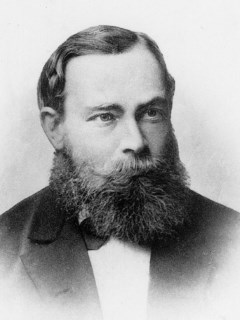

Judgement and truth in the early Wittgenstein
pp. 242-270
in: Mark Textor (ed), Judgement and truth in early analytic philosophy and phenomenology, Berlin, Springer, 2013Abstract
Two main themes run through this paper. First, the need to understand Wittgenstein's early discussions of judgement and truth as part of his account of intentionality, this account being nothing other than the famous picture theory. The second theme is an important aspect of that account, which I call the "antecedence of sense'. Sense (aka a particular notion of sentence meaning) antecedes or is logically prior to both judgement and truth. Without sense, there is nothing to judge or assert, and hence nothing to be either true or false. Wittgenstein criticises both Frege and Russell for failing to pay heed to this antecedence.1



